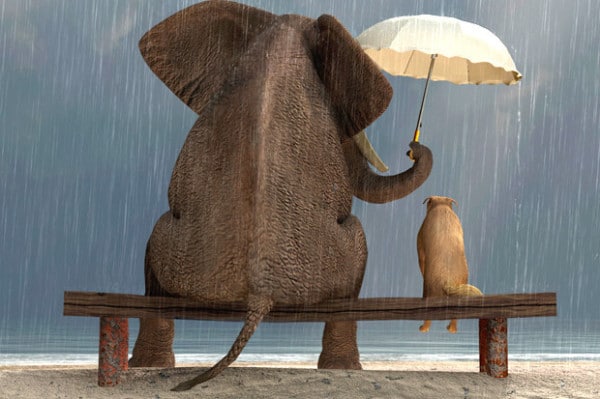Rachel Britz is someone you should know, and I’m happy to host her here today, on the blog. She’s the author of Good-Bye Lover, a novel which released this month. I have mad respect for fiction writers. And, I have a special place in my heart for fiction writers who can also bake and decorate an amazing cookie. On top of all that great talent, Rachel helps her husband in his role as a financial consultant. Today, Rachel shares three important steps for helping a friend who may be experiencing grief.

When my husband Aaron, a Registered Financial Consultant, decided to dedicate his practice to helping people who’ve experienced loss; such as the death of a spouse or divorce, I made the choice to immerse myself in the area of grief and loss so that I could be a better companion to his clients.
“Grief can not be judged,” said the counselor during my day of grief training at the Center for Grief, Loss & Transition in St. Paul, Minnesota. Four little words so profound, sacred and true. Grief, as we know, is a state of deep sorrow. It’s universal; yet, the expression of loss is unique to each of us. We have compassion for those who are hurting and yet, I’ve discovered that we quite often form subjective conclusions about a person’s timeline of grief or the manner in which they conduct themselves while grieving.
So often, we observe grief, and then we judge it.
But what if we learned a better way to carry the burden of compassion?
Right now, someone in your world is aching from the loss of something. Perhaps, that someone is you. Whenever someone or something we treasure is taken from us it leaves us feeling bare, hollow and empty. Often times we associate grief with the physical death of someone. But grief can manifest itself in a multitude of ways: loosing your job, a change in finances, oppression, being overlooked, or unfulfilled dreams.
Every little thing that has ever been of great worth in our lives can cause us to grieve if it’s bullied, threatened or stripped away.
It’s our response to another’s loss that makes all the difference.
First, observe. Recently I watched a news report about an elephant named Tarra who lives at the Elephant Sanctuary in Tennessee. Strangely, several years ago, Tarra’s caretakers noticed an odd friendship begin to develop with the sanctuary’s dog, Bella. The two were quite inseparable for many years. Until one day, Bella was killed, most likely from coyotes. Caretakers believe Tarra carried Bella’s body with her trunk back to the barn where they spent most of their time together. In the month’s following, while Tarra mourned the loss of her friend, caretaker’s observed the other elephants coming alongside Tarra as a herd.
I think it’s fair to say that sometimes friendship grows in the most unlikely of ways. And when we observe with a heart of compassion the ways in which our people, our neighbors, our community and yes, even our country express their grief we too, like Tarra’s herd, should model similar acts of comfort.
Step out and breathe in. Step out by reaching your hand in an invitation to sit with someone who is going through a difficult loss, hard time or expressed hurt. In other words, let’s get out of our comfort zones. Ask about their pain and how they feel; but then, this is so important, breathe in and keep quiet. Listen, listen, and listen well. That’s it.
Recognize that moving on is not the answer. Healing from a loss is everyone’s desire. It gives us hope to see forward movement in the lives of those who’ve suffered great pain. I’ve learned that the mourning process includes accepting the reality of loss. Then, attempting to find positive and purposeful ways to live. This is where healing begins. And this is why; moving on is not the answer. First, and again, we must consider each person’s unique ability to come to terms, on their own timetable, with their loss. Carrying a burden of compassion means to suffer alongside, to walk with. When we set aside our agendas or judgments about how we believe the grief process should look, we actually grant our hurting companion the freedom to move about (not move on), discovering for him or herself new ways to live with a renewed purpose.
I encourage you, friends to be an agent of compassion today. Carry the burden. Love one another. This is the space where healing begins.
 RACHEL BRITZ is a compassionate friend, storyteller, and advocate for those in seasons of grief, loss, and transition. She is a faith and inspiration blogger, World Vision ambassador, and cookie baker. She is the author of Good-Bye, Lover
RACHEL BRITZ is a compassionate friend, storyteller, and advocate for those in seasons of grief, loss, and transition. She is a faith and inspiration blogger, World Vision ambassador, and cookie baker. She is the author of Good-Bye, Lover, a Christian historical novel based in Ireland.
Rachel is passionate about helping Christians live life with freedom and purpose. She lives in Minnesota with her husband and three kids.
“Grief cannot be judged” is such a true statement. Rachel, these words ring true…thank you for them.